When attorneys fail to meet professional standards, the consequences can be severe, especially in high-value cases. Understanding the most common pitfalls in legal practice is crucial for anyone involved in significant litigation. Here are key areas where legal malpractice often occurs:
- Missed Deadlines:
- Failure to file within statutes of limitations or meet court-imposed deadlines can irreparably damage a case, potentially resulting in millions of dollars in losses. This is particularly critical in complex litigation with multiple deadlines and procedural requirements.
- Inadequate Communication
- In high-stakes cases, clear and consistent communication is vital. Lack of proper updates, failure to explain complex legal concepts, or mismanagement of client expectations can lead to serious misunderstandings and lost opportunities.
- Insufficient Preparation
- Thorough investigation and meticulous preparation are essential, especially in multi-million dollar cases. Inadequate case preparation can result in overlooked evidence, poorly developed strategies, and ultimately, substantial financial losses.
- Conflicts of Interest
- In complex litigation involving multiple parties, conflicts of interest can be subtle yet devastating. Undisclosed or improperly managed conflicts can compromise an attorney’s loyalty and judgment, potentially invalidating legal proceedings.
- Errors in Legal Analysis
- Mistakes in interpreting or applying laws, especially in niche or rapidly evolving areas of law, can have far-reaching consequences. In high-value cases, even small legal errors can translate to significant financial impacts.
- Strategic Missteps
- Poor judgment in case strategy, particularly in complex litigation, can be grounds for malpractice. This includes ill-advised settlements, mishandling of key evidence, or failure to anticipate opposing counsel’s tactics.
- Failure to Provide Comprehensive Advice
- Attorneys handling substantial cases must advise on all relevant legal risks and implications, including potential long-term consequences. Omitting crucial information or failing to explore all legal avenues can be detrimental to a client’s interests.
- Overconfidence and Lack of Due Diligence
- In high-profile or high-value cases, overconfidence can lead to costly oversights. Thorough, ongoing due diligence is critical, regardless of an attorney’s experience level or the perceived strength of a case.
Understanding these common forms of legal malpractice is crucial for anyone involved in significant litigation. If you suspect that your case has been compromised due to attorney negligence, it’s important to seek a thorough, independent legal review. The stakes in multi-million dollar cases are too high to ignore potential malpractice, and understanding your rights and options is essential for protecting your interests.
Legal Standards in Illinois
In Illinois, these common mistakes can not only lead to malpractice claims but also impact a lawyer’s professional reputation and standing. Lawyers are held to high standards of competence, communication, and ethical conduct under Illinois law. Understanding and mitigating these risks through diligent practice and adherence to legal standards can help lawyers protect themselves and provide effective representation to their clients.
While this list is not exhaustive, it highlights key areas where lawyers must exercise caution to avoid legal malpractice claims in Illinois. By prioritizing professionalism, communication, thorough preparation, and ethical conduct, lawyers can mitigate risks and uphold the integrity of their practice. Awareness of these pitfalls is essential for maintaining trust with clients and safeguarding against potential legal liabilities.
Legal Disclaimer: The information on this blog is for general informational purposes only and does not constitute legal advice. It is based on current legal standards but does not create an attorney-client relationship. For advice specific to your situation, consult a qualified attorney.
The views expressed are those of the individual authors and do not reflect those of any affiliated organizations or a single Katz Law Firm lawyer or agent. The accuracy and applicability of the information may vary. The blog owner and authors assume no liability for actions taken based on this content. Always seek professional legal counsel before making any legal decisions.



















